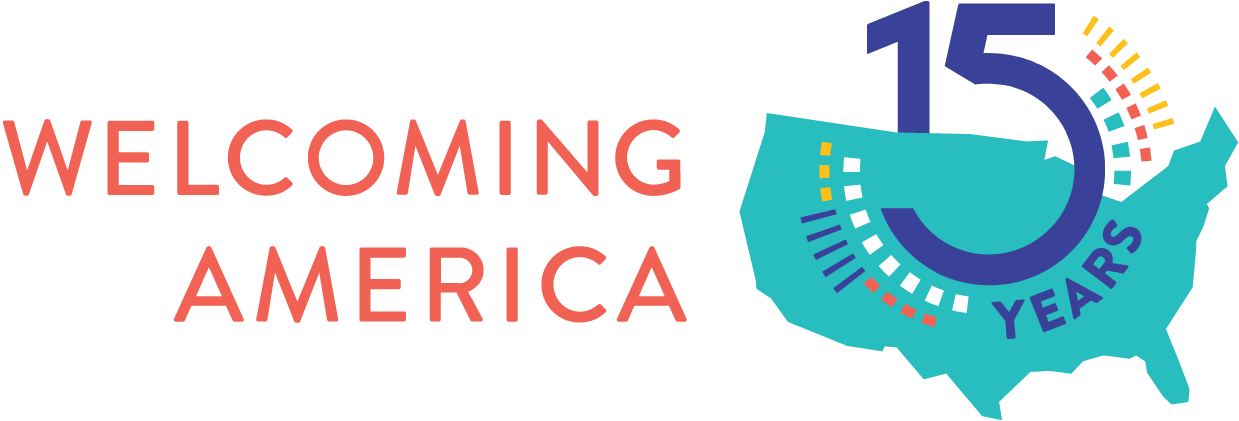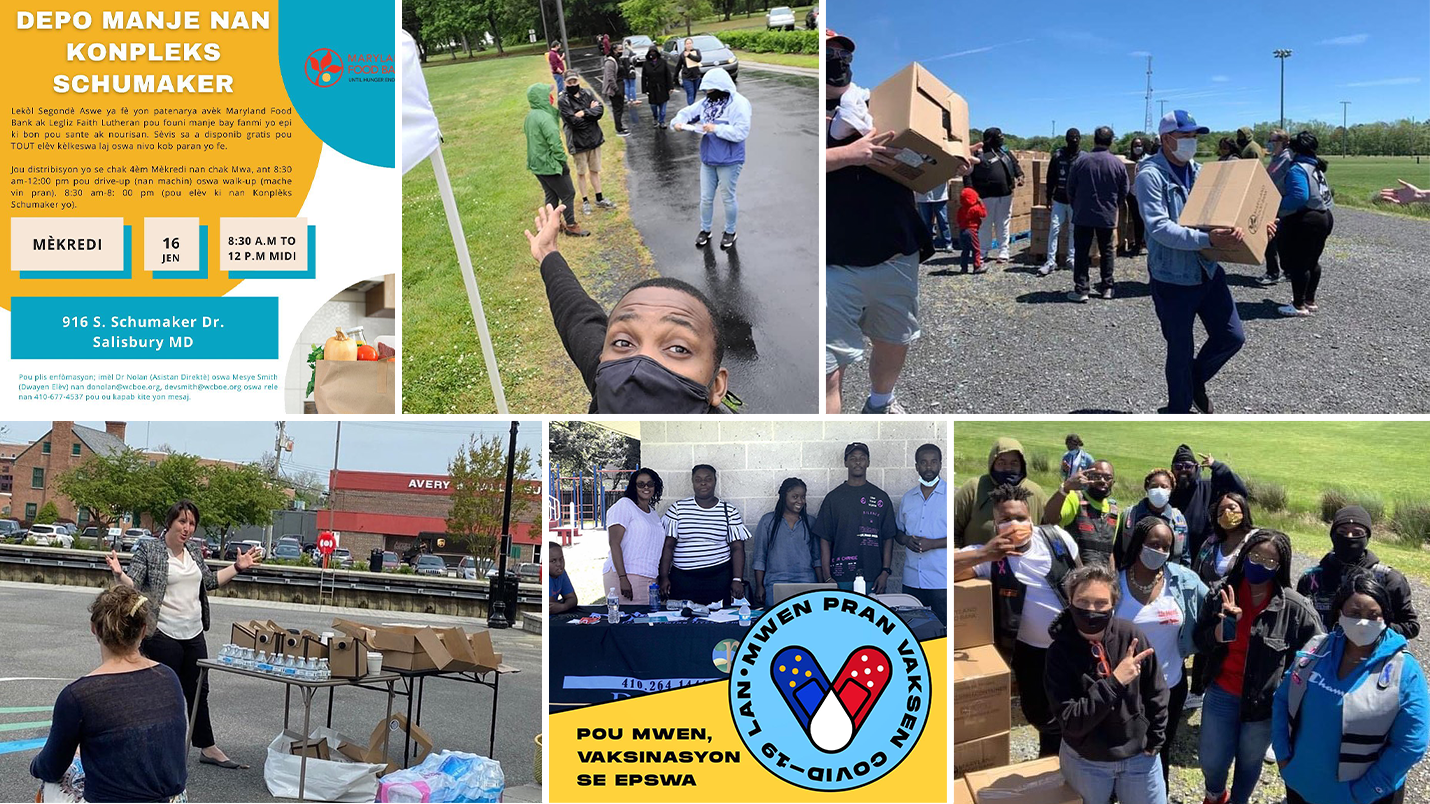
Salisbury sets out to welcome immigrants and build community on Maryland’s eastern shore
As more communities across the U.S. experience population shifts, how can small municipalities embrace diversity and inclusion to become welcoming places for all?
For the city of Salisbury, MD, 2018 served as a turning point on its journey to become a more diverse and inclusive place.
Known as the Capital of the Eastern Shore, Salisbury lies on the southern end of the Delmarva peninsula which juts 170 miles into the Chesapeake Bay and has a culture that is more akin to the South than its Northern metropolitan neighbors. The growing city of 32,000 residents was historically a majority white city, but in recent decades, this has changed. Employment opportunities and urbanization drove increases in residents who are Black, Latinx, Asian, many who are also immigrants, making Salisbury a majority minority city in 2018.
While these demographic shifts were visible on paper, you couldn’t necessarily see them on the streets of downtown Salisbury — that is, until the National Folk Festival came to the city in 2018. Led by the nonprofit National Council for the Traditional Arts (NCTA), the festival has been hosted by over 30 cities and draws on a diverse range of local and global culture to present music, dance, crafts and other types of folklife. The goal of the festival is to highlight America’s rich cultural diversity and leverage that to bring communities together, a goal that Salisbury City Administrator Julia Glanz says was fulfilled. “We saw that in Salisbury, and we saw that in a way that we have never seen before, in a way which opens people’s eyes to what the makeup of Salisbury really is.”
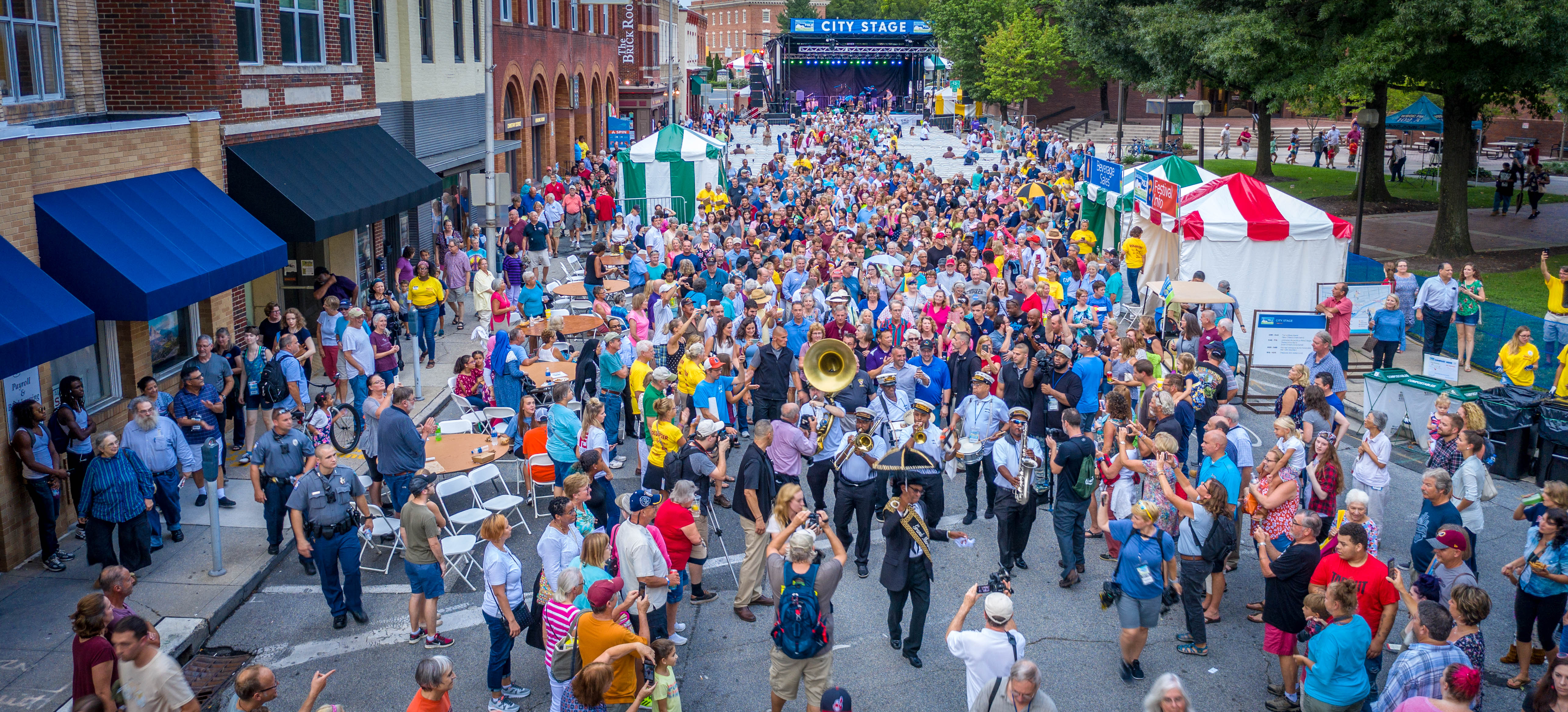
That same year, Salisbury city officials attended a meeting of government officials in Baltimore where they met staff from Welcoming America, sparking ideas about how they could create a more inclusive community for Salisbury’s newcomers. Since attending the meeting in Baltimore, the City has become a member of the Welcoming Network and pushed for policies and programs that take into account the diversity of Salisbury's newest residents through increased translation and interpretation services, community art campaigns, and representation in the state legislature.
Responding to the pandemic
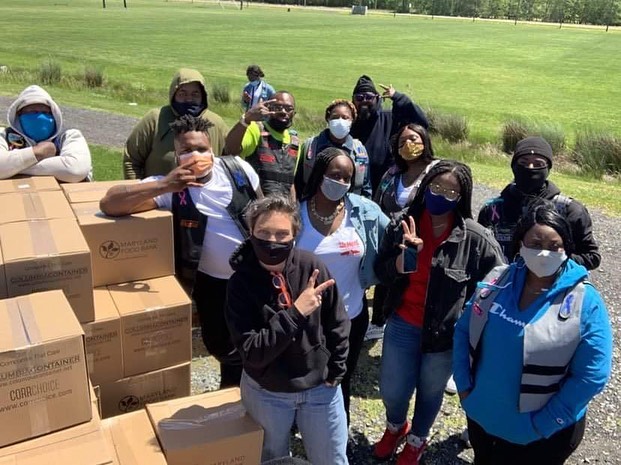
Like many communities, the coronavirus pandemic exposed gaps in the City’s ability to serve immigrant residents. This led the City to establish the Lower Shore Vulnerable Populations Task Force to engage local organizations and institutions across sectors to better serve immigrant residents. The Task Force coordinated food pantries, healthcare providers, local employers and nonprofits to provide information on the coronavirus, as well as testing, food, translation and interpretation services among other public services at “One-Stop-Shop” events.
“The [One-Stop-Shop] Latinx group is a ray of light for the ones who need it most and it gives a voice to our community,” says Salisbury resident Alicia Cruz.
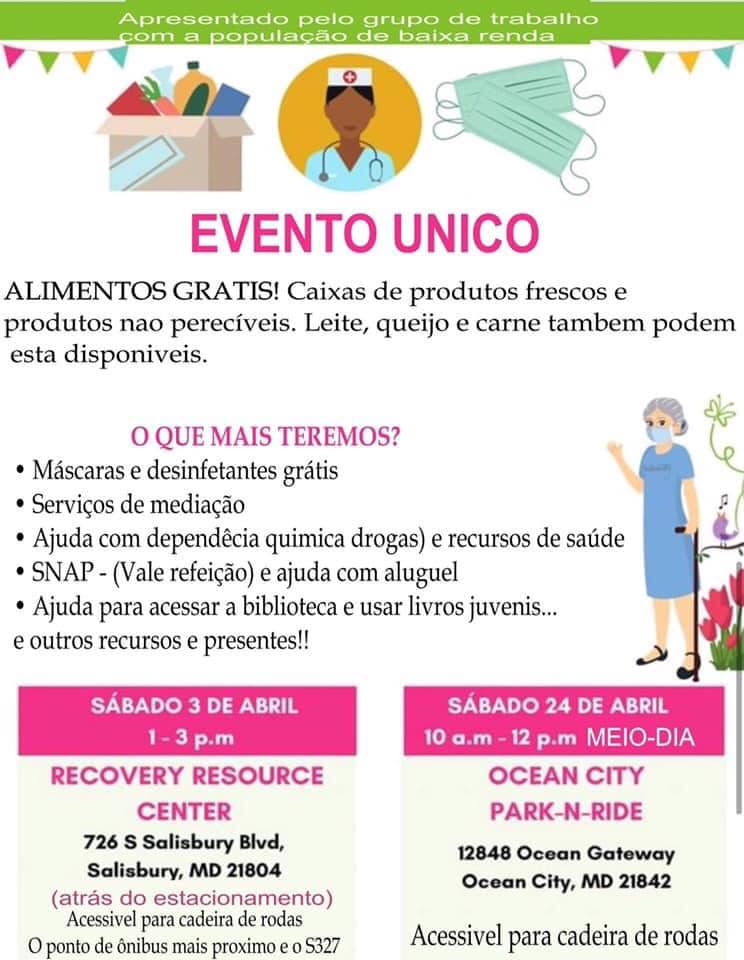 Through the trust and relationships built through the One-Stop-Shop events, resource providers and city administrators are better able to understand cultural nuances of immigrant communities, allowing them to serve immigrant residents and connect them to vital resources, like local healthcare providers and technology for students while remote learning.
Through the trust and relationships built through the One-Stop-Shop events, resource providers and city administrators are better able to understand cultural nuances of immigrant communities, allowing them to serve immigrant residents and connect them to vital resources, like local healthcare providers and technology for students while remote learning.
It hasn’t all been easy though. Salisbury continues to face challenges with scaling these solutions across the county, as well as funding professional interpretation and translation services more consistently. In spite of this, Salisbury uses the resources they have and continues to work towards building a more equitable community.
When asked why the City was inspired to focus their work on the immigrant community, City Administrator Julia Glanz said, ”They are our residents, and they have been forgotten about and left behind for so long and it’s wrong to continue to do so. It would be easier to keep our head down and trudge forward and keep doing what we were doing. For our whole community to be lifted up and be stronger we need to do this work.”
To learn more about Salisbury’s work, watch the session from this year’s Welcoming Interactive conference where members of the City of Salisbury government share their welcoming journey in the presentation “Building and Maintaining Your Local Immigrant Inclusion Infrastructure” session.
